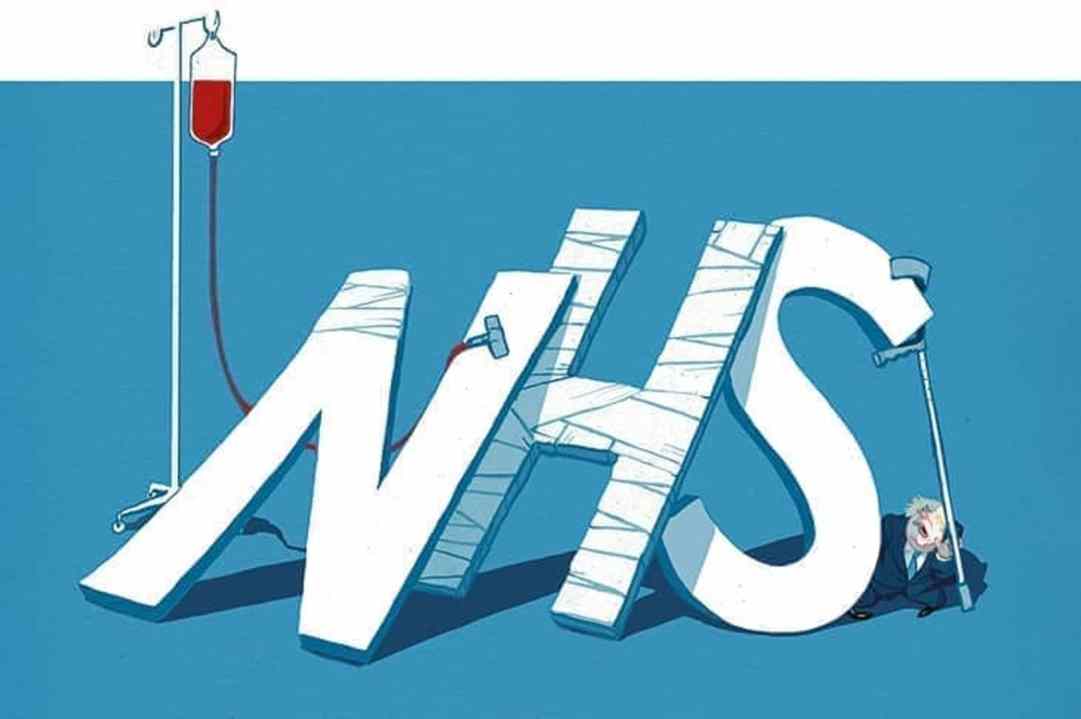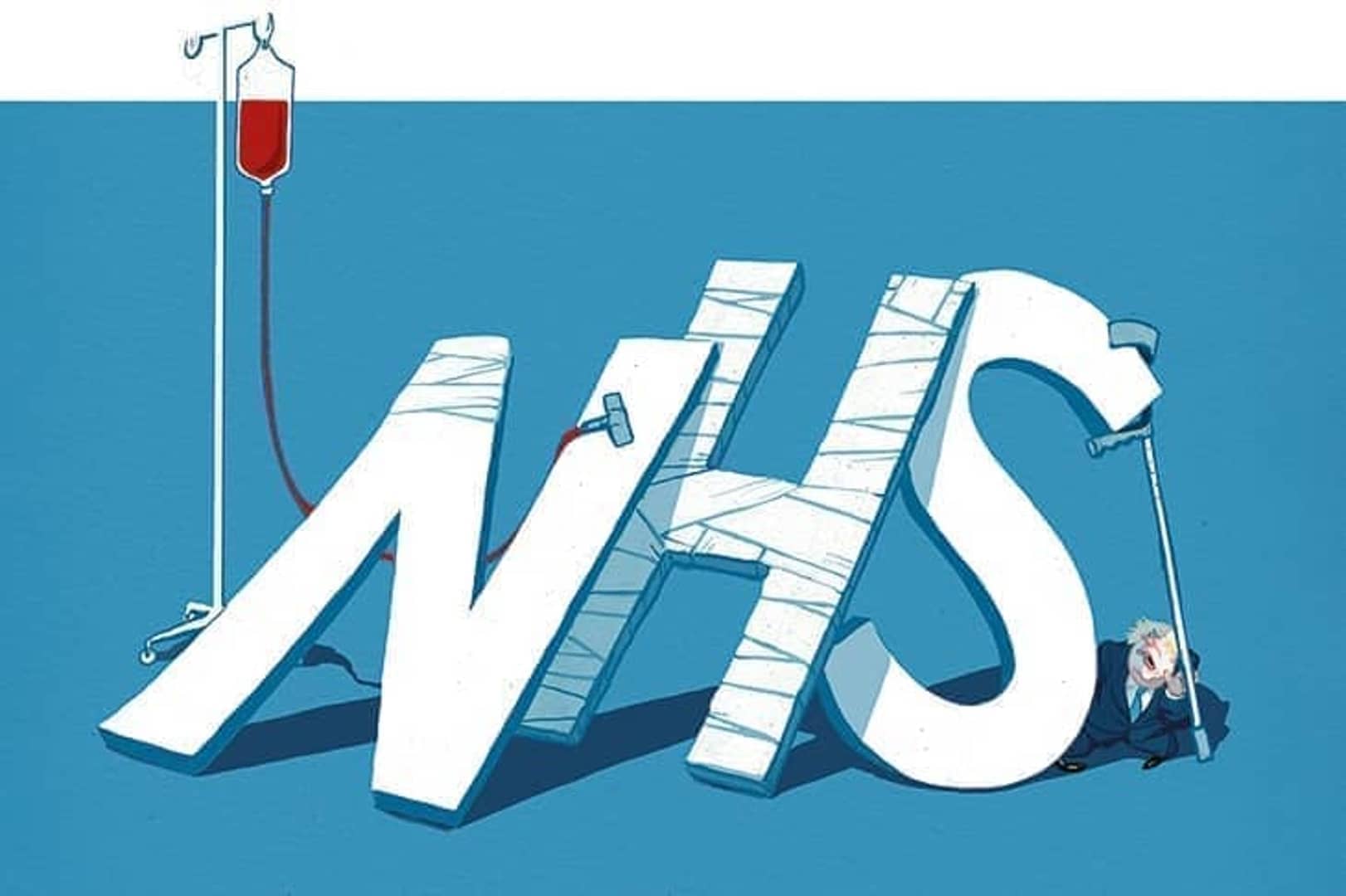One of the biggest mistakes made in previous lockdowns was to neglect non-Covid healthcare, cancer especially. As we prepare for an Omicron wave, might we be about to make the same mistake? Chris Whitty was asked this in a parliamentary inquiry recently and he was surprisingly dismissive. ‘This is sometimes said by people who have no understanding of health at all. But it’s not said by anyone serious, if I’m, honest,’ he said.
Contrary to what Professor Whitty suggests, several serious people are very worried about what might happen to cancer if there is too narrow a focus on Covid. Take Clive Dix, ex-head of the vaccine taskforce, he recently stressed how the current drive for boosters could have a distortive effect on general healthcare:
Given that young and healthy people not only have a very low chance of suffering severe Covid in the first place — but also already have substantial immunity from severe disease thanks to the first two jabs — I cannot see how boosting them is more valuable for public health than doubling our focus on the most vulnerable and cracking down on the backlog of chronically sick patients, such as those with hypertension, diabetes or even cancer.
The National Audit Office has estimated there has been 740,000 less urgent cancer referrals since the start of lockdown — with as many as 60,000 people with missed cancers. Some of these patients may have sadly already died, but the majority remain undiagnosed and to give this some perspective, they would fill a large football stadium.
At the joint all-party parliamentary group cancer summit recently, we heard that the reduction in urgent cancer referrals may be closer to one million. The reduction in routine cancer referrals may be as high as nine million people. Such delays will lead to many patients being diagnosed with a later stage cancer that requires more extensive treatment and will mean many more avoidable deaths. For some patients, that delay will mean that their cancer is no longer operable or curable and their life expectancy will be severely curtailed. We simply cannot let this continue to happen.
As a former breast cancer surgeon, I know that disruption to cancer services during winter months is commonplace as hospital and intensive care beds come under pressure from increased admissions of patients with respiratory illnesses, leading to cancellation of surgical procedures including cancer operations.
Winter pressure on the NHS is not new — this is what you get if you have a health service operating at close to 100 per cent capacity with a shortage of beds and workforce and, a chronic lack of extra capacity to manage spikes in activity. Without ring-fenced funding and infrastructure for cancer diagnosis and treatment, our cancer services will always be undermined by other national healthcare emergencies — due to lack of beds and ITU beds and, redeployment of clinical staff.
The current pressure on our cancer infrastructure is reflected in September’s cancer waiting time data that reported 32 per cent of patients not starting their initial cancer treatment within 62 days of urgent GP referral, the highest number for 12 years. Although the target for treating 85 per cent of patients within 62 days or urgent referral has been missed since 2014, there has been a steady decline during lockdown. Given that delay in diagnosis and lack of access to optimal treatment are the main reasons why the UK’s cancer survival is worse than many other high-income countries, a radical cancer recovery plan and a new national cancer strategy are now required to stop the current decline.
In a Joint all-party parliamentary group cancer summit report submitted to government last May, with contributions from many cancer specialists, cancer charities and clinical professional bodies, the government was asked to appoint a minister to oversee a cancer recovery plan and develop a future strategy with ring-fenced funding to provide investment in cancer infrastructure and workforce. That multi-professional advice has to date been ignored and at a further Cancer Summit meeting this week, the deterioration in cancer service delivery during lockdown was again presented to parliamentarians and Peers and a letter will be sent to the Health Minister asking for the backlog to be acknowledged and actively managed.
A return to normal cancer services will not be enough — we have lost too much ground. A super-normal boost to activity is required. It is now clear that lockdown has caused the biggest cancer catastrophe in my lifetime and the UK government has been aware of this for the last seven months. I hope they listen to the cancer experts this time before they put us into another lockdown.







Comments